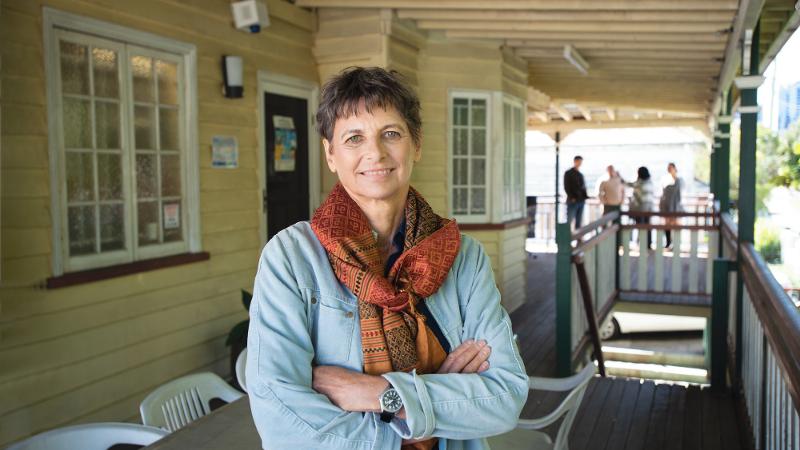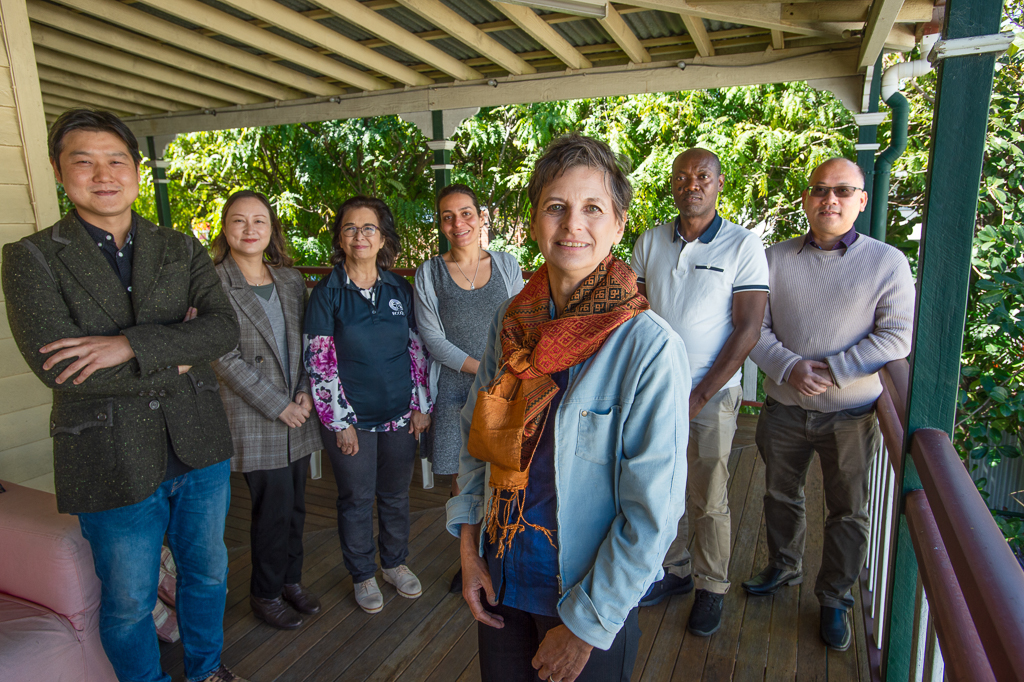
Australia could help reach a global target set by the United Nations to end HIV transmission by 2030 if its priority migrant populations receive targeted support to access healthcare, says a QUT health expert.
Dr Jo Durham from the QUT Faculty of Health and Australian Centre for Health Services Innovation (AusHSI) said Australia had done well to reduce HIV transmissions, but insufficient focus on cultural and language differences had created inequities in healthcare access.
“We can’t reduce the number of people already living with HIV, but we want to stop further infections by reducing the transmission,” Dr Durham said.
“A more targeted approach is needed to ensure access to HIV information and health care for populations experiencing HIV, including Aboriginal and Torres Strait Islander peoples, and those from refugee and migrant backgrounds.
“We want people to know HIV is treatable, it's a chronic disease like any other and people who have treatment sooner can expect to have a normal life expectancy and quality of life.”
Dr Durham has secured a $360,000 Zeroing In to End the HIV Epidemic (EHE) grant from Gilead Sciences to help improve HIV health literacy among migrant populations who might be vulnerable to HIV or experience barriers in accessing sexual health services.
She will lead an 18-month project to develop information and services focused on testing as prevention, reducing stigmas, and improving sexual health conversations between migrant patients and doctors.
Resources will include a series of educational animations co-developed for Asian, Latin American and sub-Sahara African populations, and translated into other target languages.

A new bicultural health worker program will also be delivered through the Ethnic Community Council of Queensland to help bridge the cultural and language divide between patients and doctors.
“Many concepts don’t translate easily - like the difference between curing a disease and managing a disease – and bicultural health workers can help doctor-patient understanding,” Dr Durham said.
“They will also support clients to develop pre-appointment questions to enable them to build skills to initiate conversations with doctors, ask for information or to be tested.”
Dr Durham said doctors had an equal part to play in asking about sexual health and making services culturally safe for clients and would also have access to resources through the program about at-risk groups.
“One of our main goals is to encourage people to get tested as prevention.
“But sexual health conversations don’t happen because migrant patients think the doctor should ask questions while doctors often think patients will ask.
“Our system of 10- or 15-minute consultations is also challenging. There’s no time to also ask about sexual health and long consults are costly, especially if you won’t get a rebate.”
Dr Durham said the program will support access to treatment for those who are HIV positive and encourage preventative measures including use of condoms and PrEP, pre-exposure prophylaxis medication that prevents transmission.
QUT project partners include the Ethnic Community Council of Queensland, Metro North Health, Queensland Positive, Trust Relationships, the University of Southern Queensland, Curtin University, and Swinburne University.
Dr Durham said the QUT project builds on findings from the Migrant Blood Borne Virus and Sexual Health Survey (MiBSS-1, QLD) which identified a range of cultural and language barriers to healthcare access.
She said concerns included healthcare costs, confidentiality within the system, historical fears of deportation, fears that stemmed from HIV experiences in countries of origin, and stigmas around HIV, sexual health and asking for help, particularly among men who have sex with men.
She said the MiBSS-1, QLD was the first state-wide survey of its kind and was funded by Queensland Heath. It forms part of an Australian Research Council (ARC) project led by Curtin University and implemented in Victoria, Western Australia, South Australia, and New South Wales.
Media contacts
Novella Moncrieff, 07 31381150, novella.moncrieff@qut.edu.au
After hours, 0407 585 901, media@qut.edu.au


